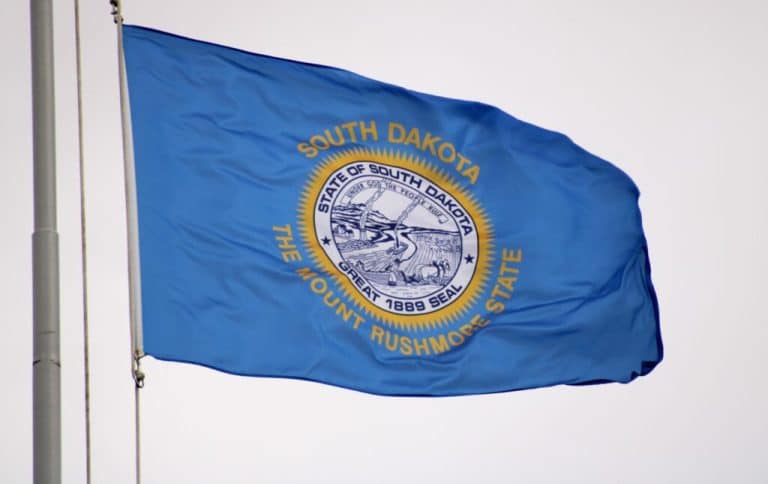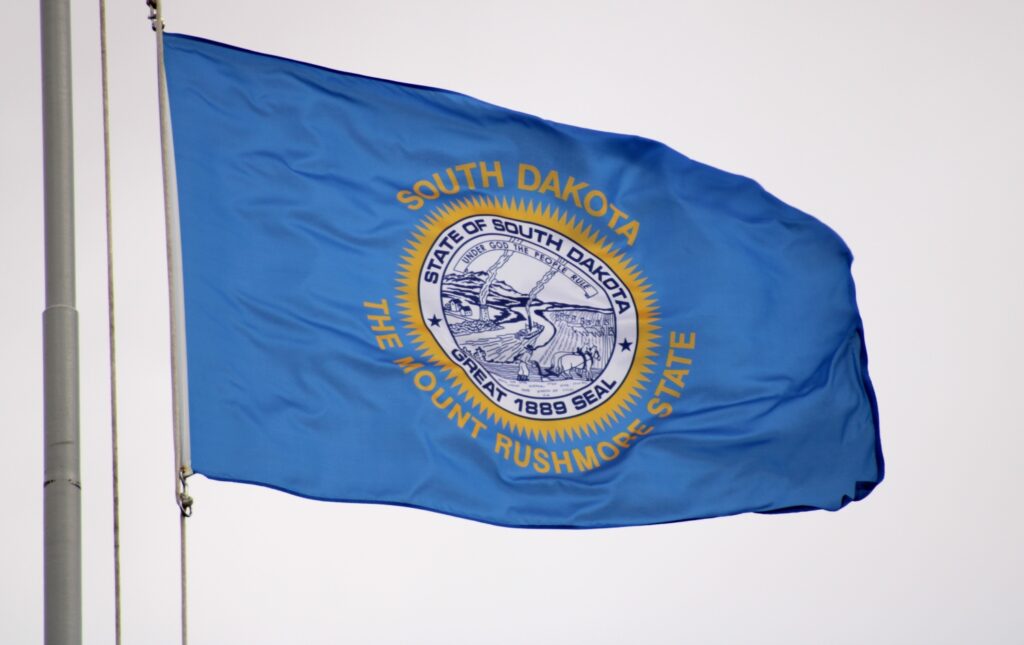PIERRE, S.D. (AP) — Lawmakers in 24 states have introduced restrictions on ballot initiatives after voters passed measures last year including legalizing marijuana and raising the minimum wage.
In addition to an expansive push this year to restrict voting access, Republican lawmakers in at least 24 states (including South Dakota) want to make it more difficult for citizens to put initiatives on the ballot, according to a count from the Ballot Initiative Strategy Center (BISC).
Republican legislators across the country have introduced three times the number of bills to restrict voting processes and access as compared to this time last year.
 Joining them are South Dakota Republicans who on Thursday voted to put a constitutional amendment on the next primary election ballot that would make it more difficult to pass ballot initiatives. Republicans want a constitutional amendment that requres a 60% vote for future ballot initiatives to pass.
Joining them are South Dakota Republicans who on Thursday voted to put a constitutional amendment on the next primary election ballot that would make it more difficult to pass ballot initiatives. Republicans want a constitutional amendment that requres a 60% vote for future ballot initiatives to pass.
The amendment language ties the proposed law to taxation or public spending – losely defined parameters many point to as a scare tactic aimed to confuse supporters of the popular ballot initiative process in the state.
In addition, South Dakota lawmakers supporting the constitutional amendment want it on the primary ballot – when fewer people traditionally vote. The effort to move the proposed amendment from the general election to the primary — when fewer people traditionally vote — drew criticism from Democrats and Republicans alike that it was an unfair effort to head off ballot campaigns already in the works.
Nonetheless, a majority of GOP lawmakers passed the resolution to ask primary voters in June 2022 to decide whether ballot initiatives should have a 60% vote requirement to raise taxes or spend more than $10 million within five years of enactment.
The resolution easily cleared the House after the Senate approved it by a single vote on Wednesday.
Republicans reasoned that, although fewer voters inevitably show up in primary elections, the constitutional amendment would be important enough to draw people who cared about it to weigh in.
“If they don’t think that’s sacred and they don’t go vote, they get what they deserve,” said Republican Rep. Tim Goodwin.
In last year’s primary election, 28% of registered voters cast a ballot, whereas 74% of voters participated in the November general election.
Democratic Rep. Ryan Cwach pointed out that primaries are partisan in their very nature, and that voters registered as independents often don’t participate.
“We know primary turnouts are lower,” he said. “We know people aren’t going to show up.”
Several Senate Republicans had spoken against the resolution because it leap-frogs the issue in front of ballot measures that are already in the works, including an effort to make Medicaid health insurance available to people who live below 133% of the federal poverty level.
But Republican Sen. Lee Schoenbeck, the Senate pro tem, initiated the move to expedite the constitutional amendment vote, saying it was important to get “safeguards in place for the taxpayers.”
He acknowledged that his expedited push was motivated by the Medicaid expansion campaign, but argued that the vote threshold should apply to all ballot initiatives that levy taxes or spend significant state funds. The Legislature must pass a high threshold — a two-thirds majority — for similar bills.
But the resolution touches on an issue that already has some voters frustrated: curtailing their ability to pass laws at the ballot, especially when lawmakers refuse to take up an issue.
“It’s a systematic assault on the will of the people,” said Senate Democratic Leader Troy Heinert.













